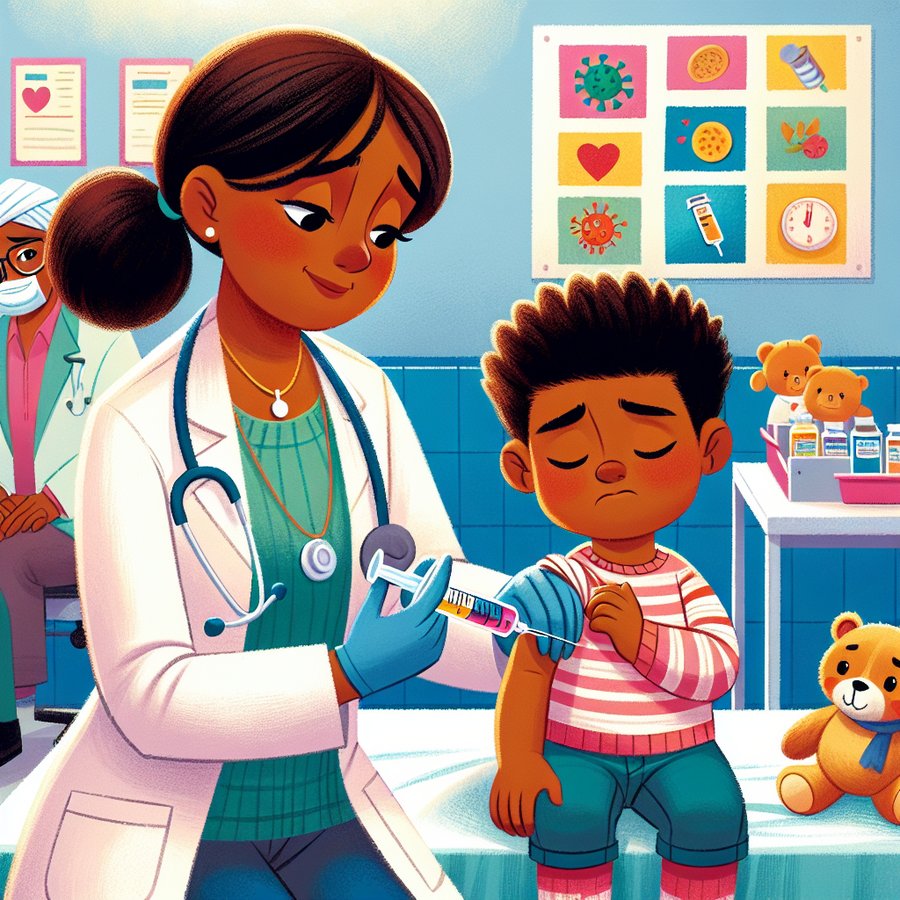Understanding immunizations is crucial for new parents as they navigate the early stages of their child’s health and development. Immunizations, or vaccinations, are one of the most effective ways to protect infants from a range of serious and potentially life-threatening diseases. This comprehensive guide aims to equip you with everything you need to know about baby immunizations, ensuring your little one gets the best start in life.
What are Immunizations and Why Are They Important?
Immunizations are vaccines given to infants and children at different stages of their development to protect them against various infectious diseases. By stimulating the body’s immune system to recognize and fight specific pathogens, immunizations play a pivotal role in preventing illnesses that once led to high rates of morbidity and mortality among children.
The significance of immunizations cannot be overstated. They not only safeguard your child but also contribute to the broader goal of public health by preventing the spread of contagious diseases. Through the process known as herd immunity, a highly immunized population can protect those who cannot receive vaccines due to medical conditions, thereby controlling outbreaks of diseases.
Understanding the Baby Immunization Schedule
The immunization schedule is carefully designed by health experts to offer protection when babies are most vulnerable and before they are exposed to potentially life-threatening diseases. Adhering to the recommended schedule is critical for ensuring your child’s health and well-being.
Immunization schedules can vary from one country to another, but they generally include vaccines for hepatitis B, diphtheria, tetanus, pertussis (whooping cough), poliovirus, pneumococcal disease, rotavirus, and influenza, among others. It’s important to consult with your healthcare provider to understand the specific schedule recommended for your child.
Preparing for Your Child’s Immunization Day
Vaccination day can be stressful for both babies and parents. However, preparing in advance can help make the experience as smooth as possible. Ensure that your baby is well-rested and has eaten before the appointment. Bring along a favorite toy or blanket to comfort them during the process.
It’s also beneficial to familiarize yourself with the vaccines your child will be receiving. Understanding the diseases they protect against and any potential side effects can help you make informed decisions and reduce anxiety. For more detailed information on specific vaccines, visiting reliable sources like the Centers for Disease Control and Prevention (CDC) can be very helpful.
Common Concerns About Baby Immunizations
Many parents have concerns about the safety and necessity of vaccines. It’s normal to have questions, and it’s important to seek answers from credible sources. The most common concerns include the risk of side effects, the number of vaccines given at once, and the ingredients used in vaccines.
Extensive research has shown that vaccines are safe and effective. Side effects, if they occur, are typically mild and temporary, such as a low-grade fever or soreness at the injection site. The benefits of immunizations far outweigh the risks, providing crucial protection against diseases.
After the Immunization: What to Expect
After receiving immunizations, it’s common for babies to experience some side effects. These can include mild fever, irritability, and sleepiness. In most cases, these reactions are normal and resolve on their own within a few days.
If your baby seems particularly uncomfortable, consulting your healthcare provider for advice on managing symptoms is advisable. Remember, keeping up with the immunization schedule is crucial for your child’s health. Missing vaccines or delaying them can leave your child vulnerable to diseases.
Resources and Support for Parents
Navigating your child’s immunization schedule can be challenging, but you don’t have to do it alone. Numerous resources are available to help parents understand and manage their child’s health needs. The CDC’s website offers comprehensive information on vaccines and immunization schedules. Additionally, your child’s healthcare provider is a valuable source of information and support.
For further reading on related topics, you might find these articles from our internal link library helpful: Baby Acne, Colic, and Ear Infections. These resources can provide insights into other common childhood conditions and how to manage them.













